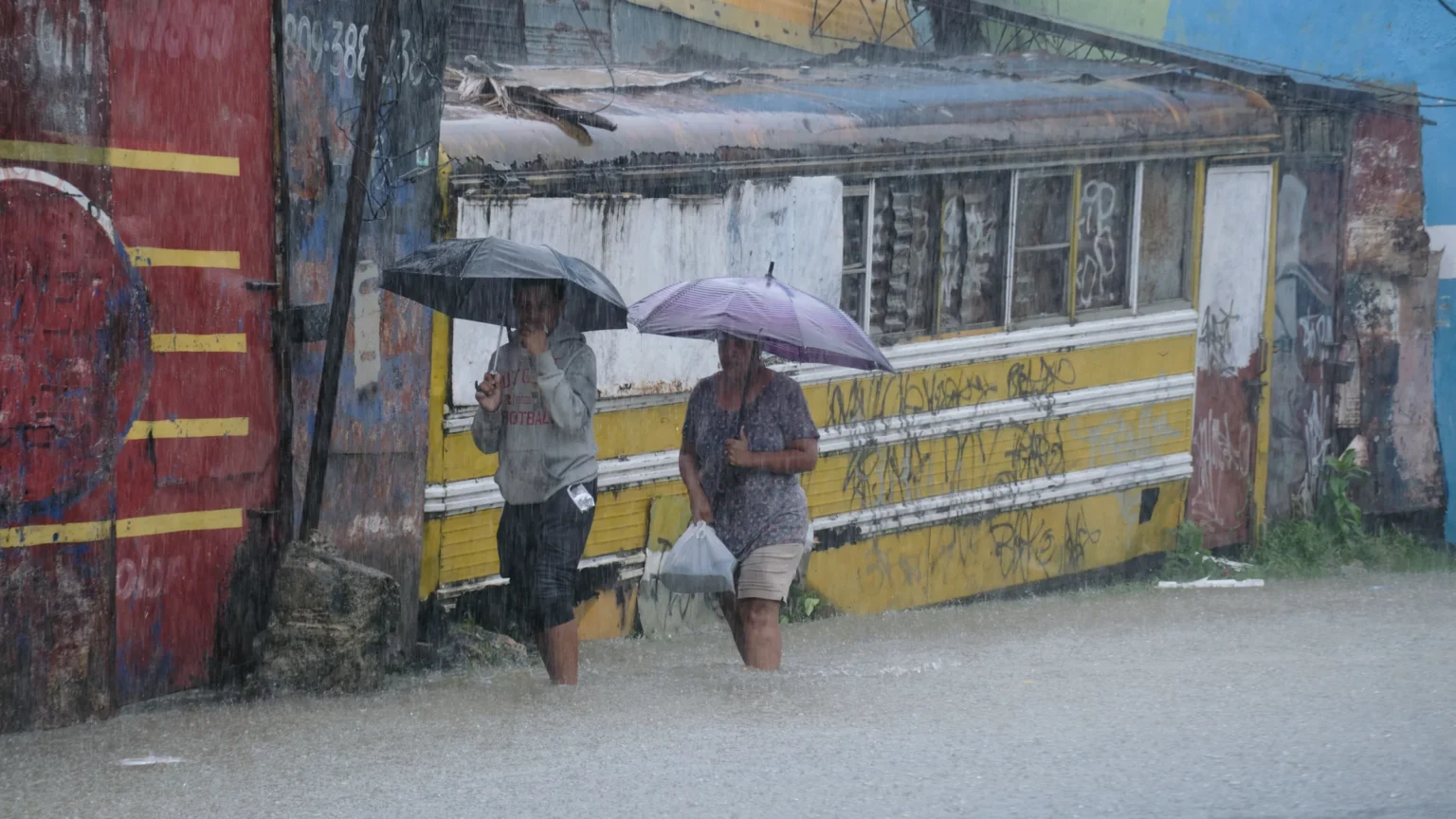HAVANA/KINGSTON — Hurricane Melissa tore through the Caribbean on Wednesday, leaving a trail of destruction across multiple nations. The Category 5 storm hit Jamaica as the strongest hurricane to directly strike the island, brought massive flooding to Haiti, and isolated hundreds of communities in Cuba. At least 25 deaths have been reported in Haiti, including 10 children in Petit-Goave, as rivers overflowed and homes were submerged.
Melissa made landfall in southwestern Jamaica on Tuesday with sustained winds of 185 mph (298 kph), causing catastrophic damage. AccuWeather estimated economic losses in Jamaica alone could reach $22 billion, with rebuilding efforts expected to take a decade. Approximately 77% of Jamaica lost electricity, and floodwaters claimed at least four lives in St. Elizabeth Parish.
Prime Minister Andrew Holness visited Black River Hospital to assess the damage, describing the storm as “beyond imagining.” Emergency shelters have admitted over 25,000 residents, and authorities emphasized no one should be turned away.
Cuba Evacuations and Damage
Before reaching Jamaica, Melissa struck Cuba as a Category 3 hurricane with winds of 120 mph, affecting Santiago de Cuba and surrounding areas. Authorities evacuated around 735,000 people, yet at least 241 communities remain cut off, impacting roughly 140,000 residents. While no deaths have been reported, President Miguel Díaz-Canel confirmed extensive damage, including threats to crops ahead of the winter growing season.

Meteorologists noted that Melissa weakened as it moved over Cuba’s mountainous terrain, but torrential rainfall continues to impact the island. Cuba, already grappling with shortages of food, fuel, electricity, and medicine, faces additional challenges in recovery.
Haiti Flooding and Humanitarian Crisis
Though the storm did not make direct landfall in Haiti, prolonged rains caused deadly flooding. Thousands of homes were submerged, particularly affecting displaced families living in makeshift camps amid ongoing gang violence. The UN and aid groups are working to provide supplies, but victims reported delays in assistance.
Climate Change Concerns
Experts warn that hurricanes like Melissa are intensifying due to warming ocean waters linked to greenhouse gas emissions. Melissa is considered the third-most intense hurricane in the Caribbean on record, following Wilma (2005) and Gilbert (1988). Caribbean leaders have called for global climate action and greater funding for the U.N.’s “loss and damage” fund to help vulnerable nations cope with extreme weather events.
Melissa’s rampage prompted international responses, with countries pledging cash, food aid, and rescue assistance. In Montego Bay, local residents described waist-deep flooding and the destruction of homes and trees, underscoring the storm’s widespread impact.




